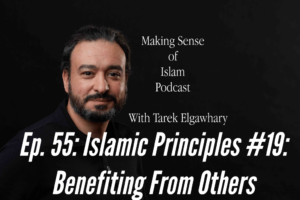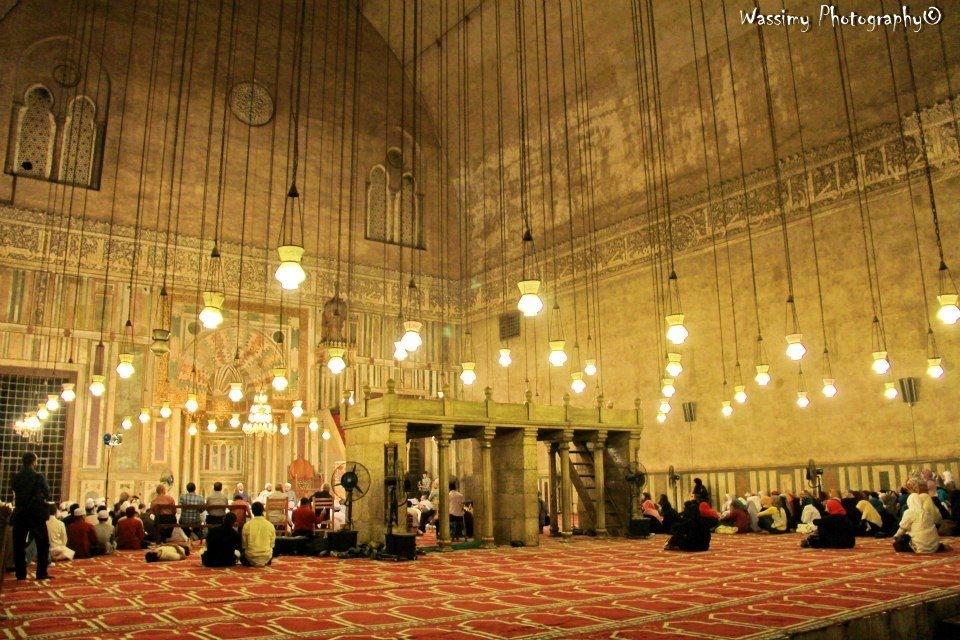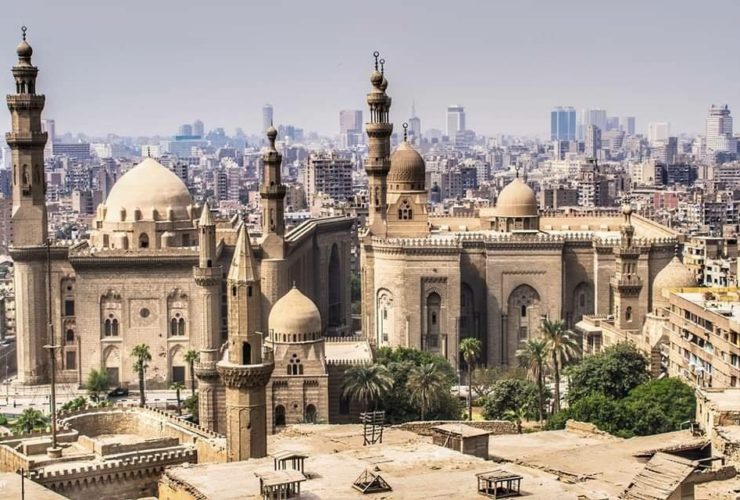Episode 55: Islamic Principles #19: Benefiting from Others
The boundaries of civilizations and religions are fundamentally porous. It is common for them to speak to one another, to benefit from one another, and to work in tandem for common goods. Islam, as both a religion and civilization, is no exception and has been very open historically to learning and benefiting from others. In this episode I dissect this and also draw some contemporary examples.

Episode Notes
Quran Mentioned
“Lord of the worlds” (1:2)
“We have not sent you except as a mercy to mankind” (21:107)
Hadith Mentioned
“Wisdom is the lost property of the believer” (Ibn Hibban)
“I was sent as a merciful gift” (al-Dārimi & al-Bayhaqi)
The story of the Prophet interceding on behalf of humanity” (Bukhari)
Selected Notes
Pythagorean Theorem
Dar al-Hikma
Euclid
Aristotle
Dar al-Ifta of Egypt
keep learning
Understanding the Muslim Mind
If we could take all of Islamic intellectual history, what sort of patterns and principles could we deduce? More importantly, if we found someone who actually knew all this information, what would they look like, think like, talk like, etc.?
What is Usuli Islam?
In The Clock of the Long Now, Stewart Brand argues that religion is one of the most durable institutions of civilization that helps ground us all in timeless values. In his concept of the forces of innovation (rapidly changing) and durability (slow changing) of civilization, religion would definitely be amongst the more slow adapting forces.
MORE




